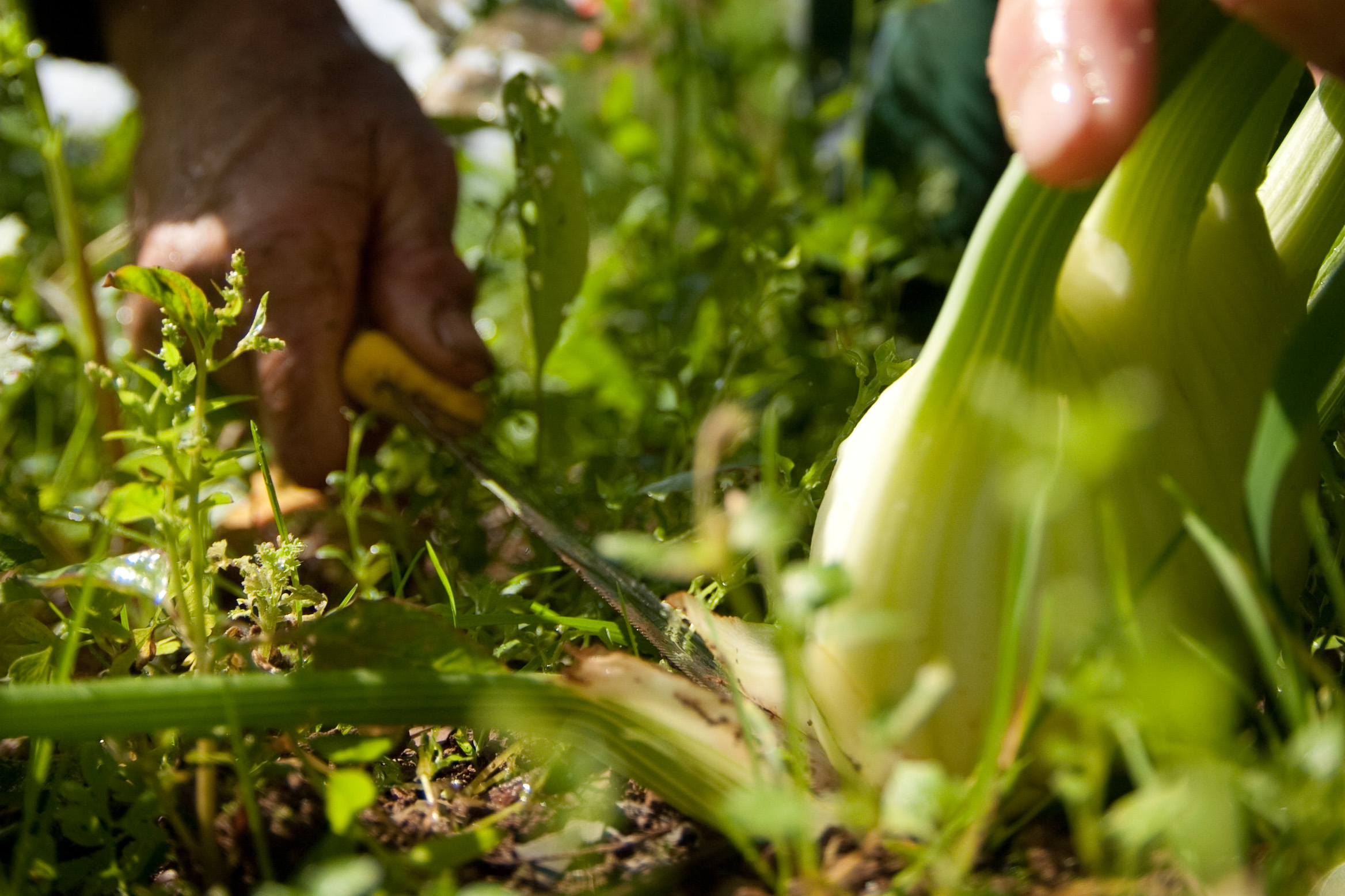Europe could be farmed entirely through agroecological approaches such as organic and still feed a growing population if diets are reorientated, according to a new study.
Published today (20 February) by European sustainable development think tank IDDRI, the ‘Ten Years for Agroecology’ report shows that pesticides can be phased out and greenhouse gas emissions radically reduced in Europe through agroecological farming, which is based on ‘ecological principles first, chemicals last’.
The news comes a week after research revealed a steep decline in global insect populations linked to intensive farming, contamination from chemicals and land conversion causing loss of habitats.
“Pesticide-hungry intensive production is not the only way to feed a growing population,” said Rob Percival, head of food policy at the Soil Association. “The idea of an entirely agroecological Europe is often considered unrealistic in terms of food security because agroecology sometimes means lower yields. But this new research shows that by refocusing diets around plant-based proteins and pasture-fed livestock, a fully agroecological Europe is possible.”
The report used agricultural and dietary modelling to examine the yield reduction that would result from a transition to agroecological farming.
These reductions can be mitigated by eliminating food-feed competition – reorienting diets towards plant-based proteins and pasture-fed livestock, and away from grain-fed white meat. More than half the cereals and oilseed crops grown in the EU are currently fed to animals, the report said.
It modelled a future in which:
• Meat production in Europe has been reduced by 40 per cent, with the greatest reductions in the production of grain-fed pork and poultry.
• European diets include less meat and more plant-based proteins overall, but with an ongoing sustainable role for grass-fed meat and dairy.
• Europe has achieved protein self-sufficiency, halting the import of protein crops for animal feed, which are often associated with deforestation and greenhouse gas emissions abroad.
• Europe’s biodiverse and carbon-rich grasslands are maintained, nurturing biodiversity and contributing towards a reduction in agricultural greenhouse gas emissions of 40 per cent
The UK government should respond by supporting agroecology, which is based on using ecological principles first and chemical last, within the Agriculture Bill, Percival added.
The study was published in Europe in autumn 2018 and has been translated to English and launched in the UK with the help of the Soil Association. It is being published in parallel with the UK launch of the EAT-Lancet ‘planetary health diet’ at a debate held in London. It addresses similar concerns to EAT-Lancet, but places greater emphasis on farmland biodiversity, and frames these concerns in a specifically European context.













Absolutely true, it requires only one major change aside government support to get it moving and one other change to make it a fast moving long term initiative.
1, supermarkets MUST be made to pay appropriate returns to farming and, MUST allow consumers to have an educated choice (stating clearly where food has come from, how it has been reared, treated or grown).
2, food, agriculture and horticulture should be part of any education.
Thanks for your comments chazym6 – accurate and truthful information for consumers would make a real difference.